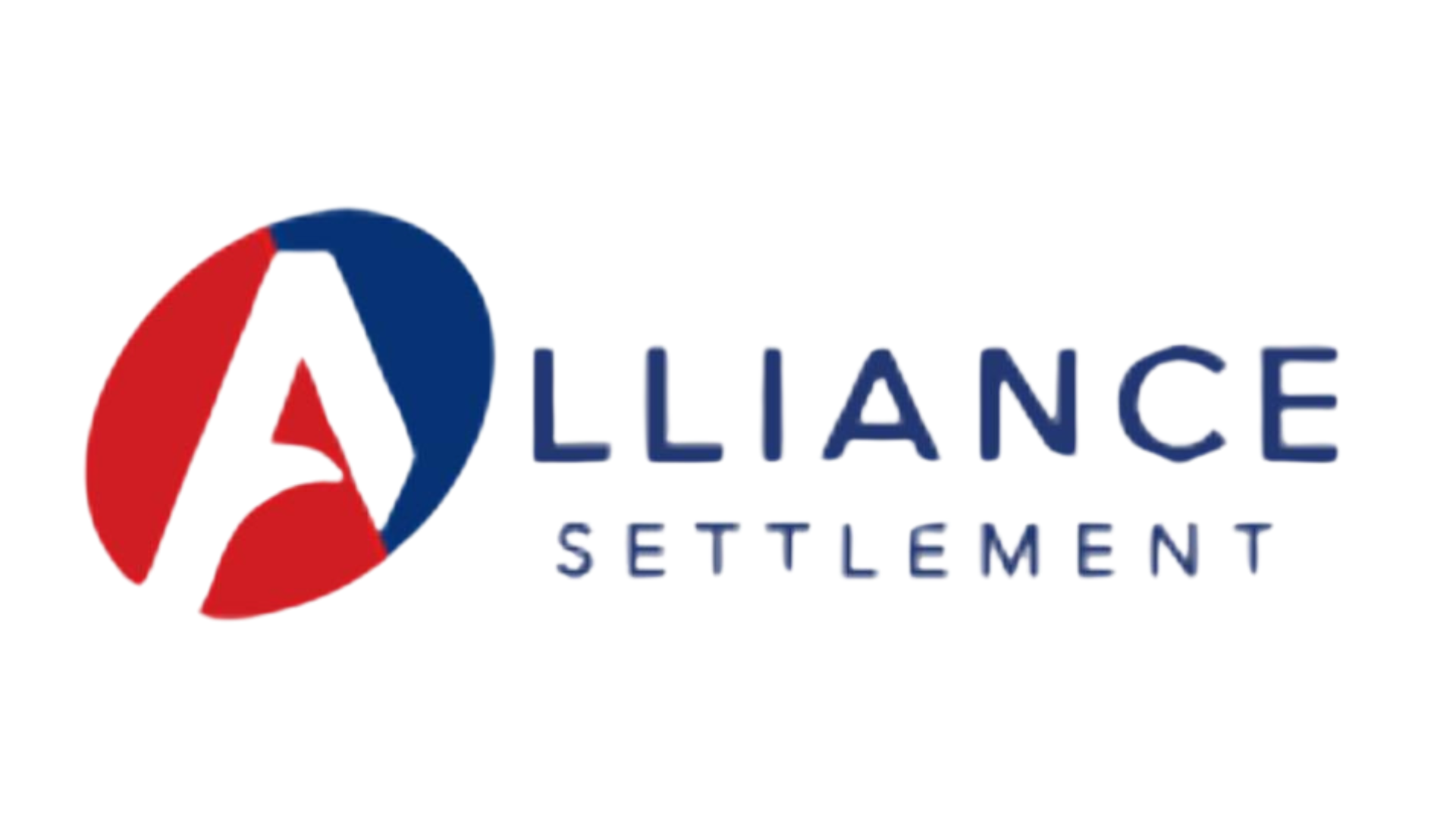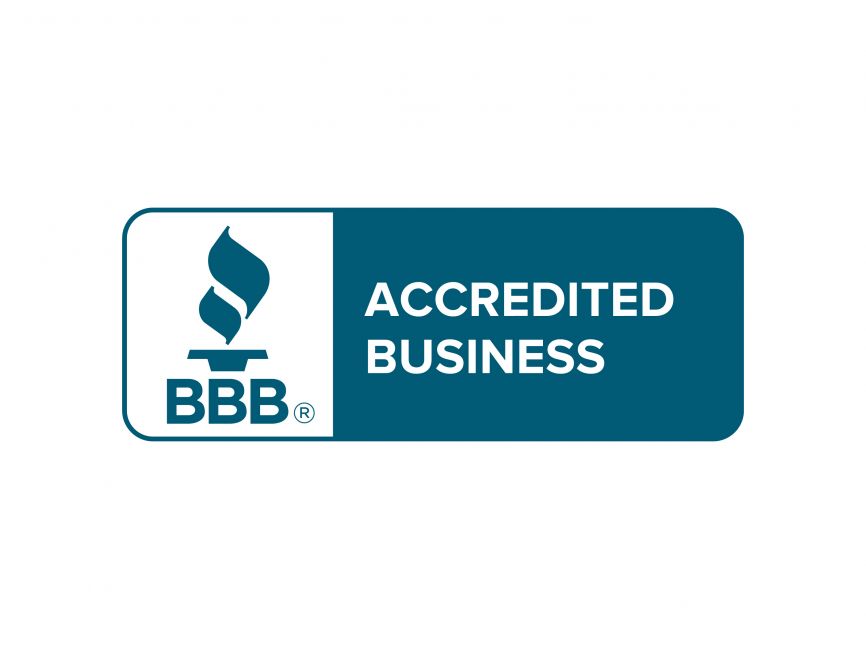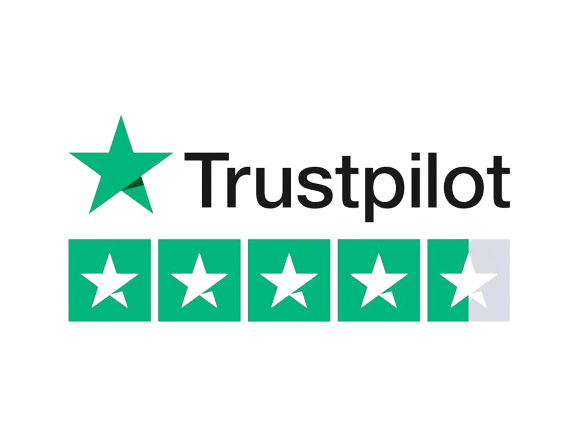Struggling with Overwhelming Debt? Here’s What to Expect
If you’re drowning in high-interest debt, you’re not alone. Many people feel trapped in a cycle of minimum payments, making financial freedom seem out of reach. Debt settlement offers a way to break free, but one of the biggest concerns is:
How Long Does Debt Settlement Take?
The timeline varies based on factors like total debt amount, creditor negotiations, and your savings capacity. In this guide, we’ll break down the debt settlement process step by step, so you know what to expect.
Step-by-Step Timeline for Debt Settlement
Step 1: Assess Your Financial Situation (1-2 Weeks)
Before diving into debt settlement, take a close look at your finances:
✔ List all outstanding debts (credit cards, loans, medical bills, etc.).
✔ Review your income and expenses to determine affordability.
✔ Decide if debt settlement is the best option for you.
✔ Consult a reputable debt settlement company for a free evaluation.
Why it matters: This step ensures you make an informed decision and set realistic expectations for the process.
Step 2: Set Up a Dedicated Savings Account (1-2 Months)
Since debt settlement requires lump-sum payments, you’ll need to start saving. Instead of making direct payments to creditors, deposit funds into a secure account to prepare for settlements.
💡 Pro Tip: The faster you save, the sooner you can negotiate and settle debts.
Step 3: Stop Making Payments to Creditors (Varies)
Most debt settlement programs require you to pause payments to creditors. While this may feel risky, it creates negotiation leverage. However, keep in mind:
❌ Missed payments can impact your credit score.
✅ Creditors are more likely to negotiate when they see financial hardship.
Risk Management: Weigh the pros and cons before making this move.
Step 4: Negotiating with Creditors (3-12 Months)
Once you’ve saved enough, a debt settlement company (or you, if self-negotiating) will reach out to creditors. This phase varies based on:
- Debt Amount: Larger debts may take longer to settle.
- Creditor Policies: Some lenders are quicker to negotiate than others.
- Negotiation Strategies: Skilled negotiators can speed up the process.
Pro Tip: Working with experienced debt settlement professionals may result in faster resolutions and bigger savings.
Step 5: Finalizing Settlements & Making Payments (1-3 Months)
Once a settlement agreement is reached, you’ll pay either:
- A lump sum (preferred by most creditors).
- Structured payments (if negotiated).
Important: Always get a written agreement before making payments to ensure legal protection.
Step 6: Rebuilding Your Credit & Financial Stability (Ongoing)
Debt settlement may impact your credit score, but recovery is possible with smart financial habits:
✔ Monitor your credit report for errors.
✔ Pay bills on time to rebuild your payment history.
✔ Use credit responsibly (keep balances low).
✔ Consider secured credit cards or credit-builder loans.
💡 Pro Tip: Rebuilding credit after debt settlement can take time, but consistent financial discipline speeds up the process.
How Long Does Debt Settlement Typically Take?
Average debt settlement timeline: 12 to 48 months, depending on your financial situation.
Key factors affecting the timeline:
- How fast you save money for settlements.
- Creditor response times and willingness to negotiate.
- The number of debts you need to settle.
Pro Tip: The more aggressively you save and negotiate, the quicker you can become debt-free.
Tips to Speed Up the Debt Settlement Process
Want to get out of debt faster?
Follow these strategies:
✔ Increase Your Savings Rate – Cut expenses and save aggressively.
✔ Work with Experienced Negotiators – Debt settlement firms often get better, faster results.
✔ Stay Organized – Track settlement agreements, due dates, and creditor communications.
✔ Avoid New Debt – Don’t take on new loans or credit cards during the process.
A Path to Financial Freedom
Debt settlement isn’t a quick fix, but it offers a clear path to financial relief. By understanding the process and setting realistic expectations, you can take proactive steps toward a debt-free future.
Your Next Steps:
- Assess your financial situation today.
- Research reputable debt settlement providers.
- Create a solid strategy to settle debts and rebuild your financial health.
Your journey to financial freedom starts today!










